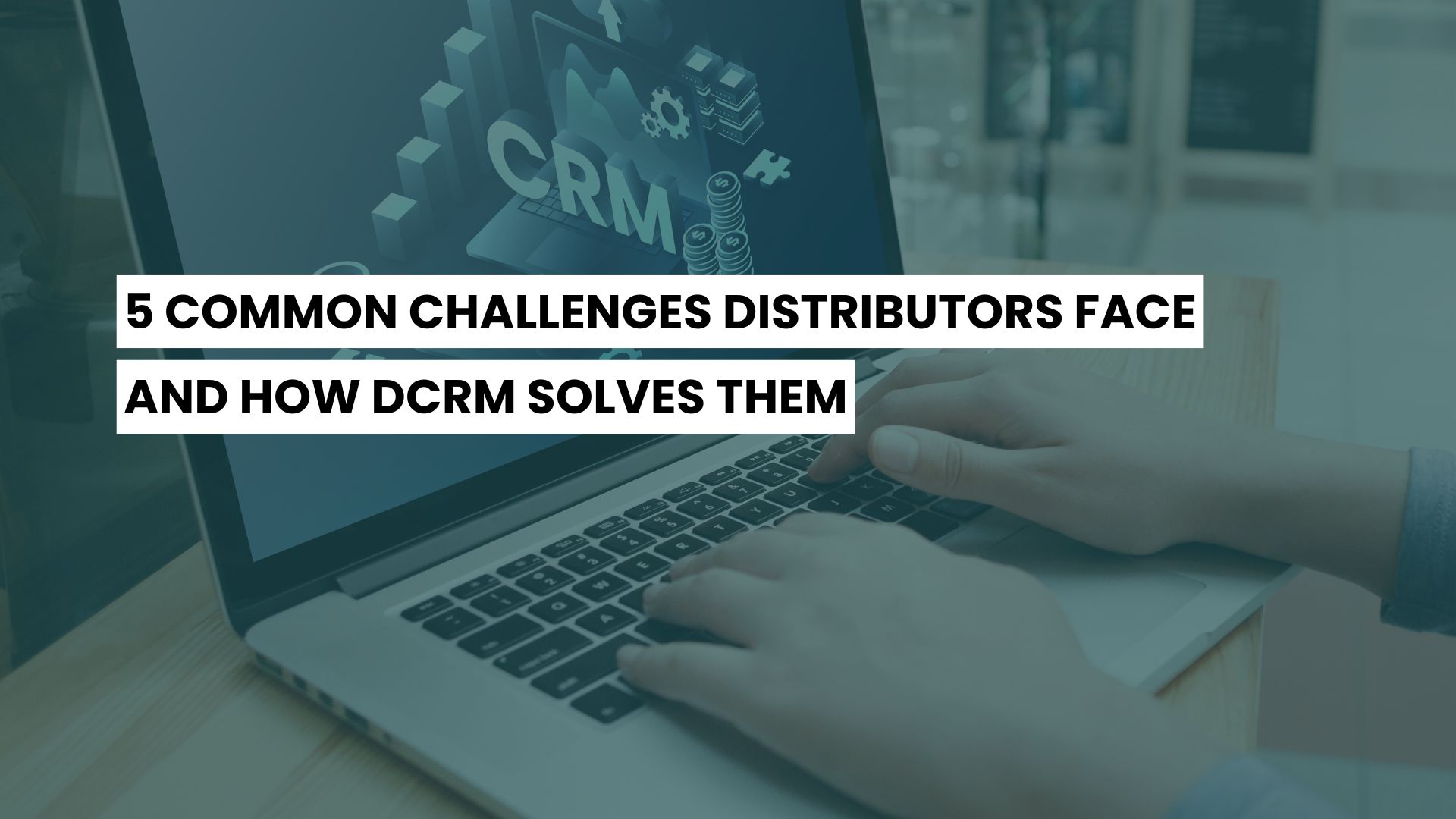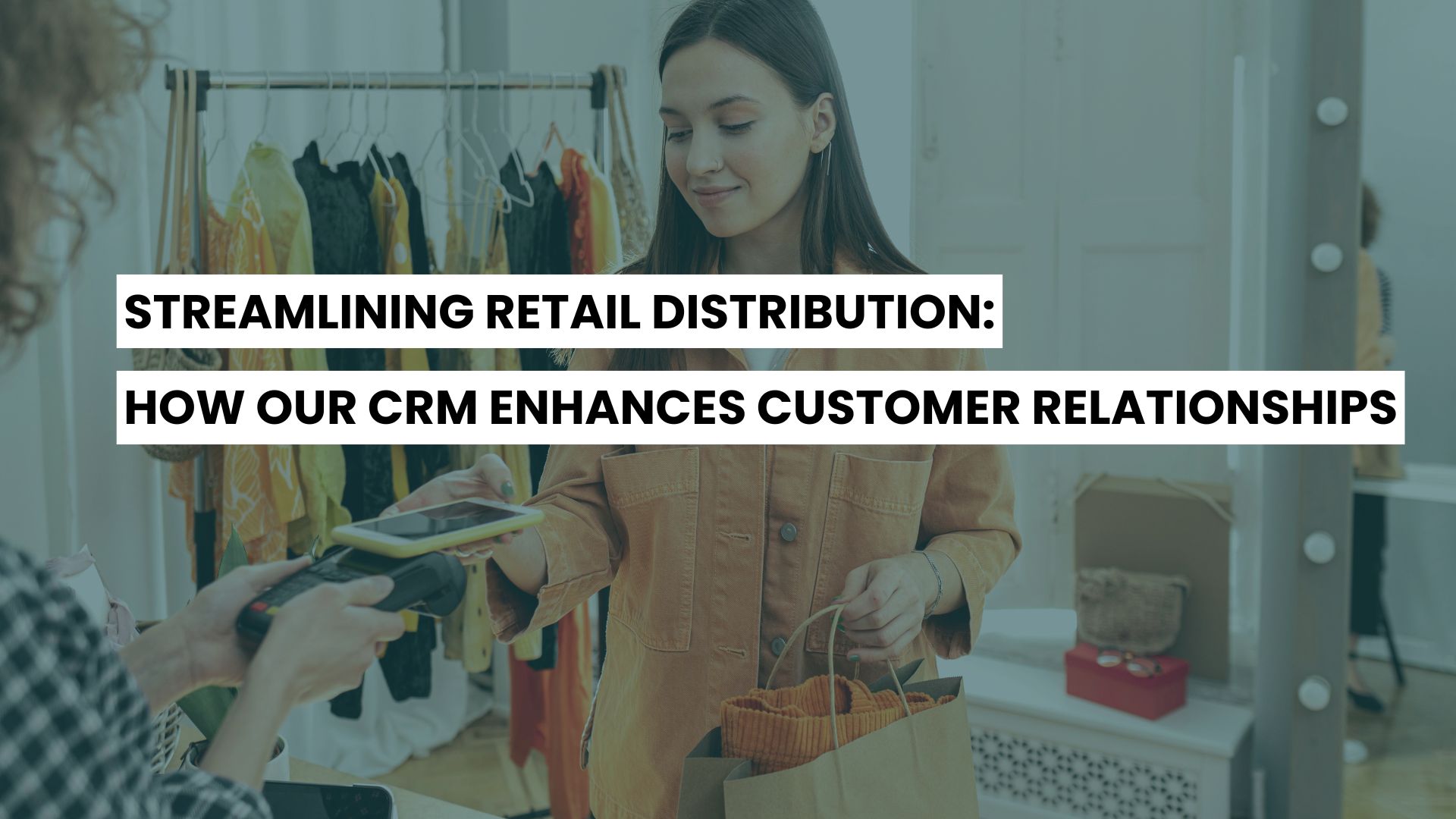In today’s fast-paced world, managing a fast-moving consumer goods (FMCG) brand can be a daunting task. With the ever-growing demands of consumers and the complexities of distribution networks, businesses need robust systems in place to ensure smooth operations and efficient management. This is where a Distributor Management System (DMS) software comes into play. Let’s delve into why businesses, particularly FMCG brands, need such a system.
Streamlining Operations
Simplifying Order Management
One of the primary reasons businesses opt for a DMS software is to streamline their operations, especially in managing orders. With the software’s capabilities, businesses can automate the entire order management process, from order placement to fulfilment, reducing errors and improving efficiency.
Effective Inventory Management
Inventory management is crucial for FMCG brands to ensure that products are available when and where they are needed. A DMS software enables businesses to track inventory levels in real-time, optimise stock levels, and prevent stock outs or overstock situations.
Efficient Route Planning
For FMCG brands, efficient route planning is essential to ensure timely deliveries and minimise transportation costs. DMS software helps in optimising delivery routes based on factors such as distance, traffic, and delivery schedules, leading to cost savings and improved customer satisfaction.
Enhancing Visibility and Control
Real-time Data Insights
Having access to real-time data is invaluable for businesses to make informed decisions. A DMS software provides comprehensive insights into various aspects of the business, such as sales performance, inventory levels, and market trends, empowering businesses with the information they need to stay ahead of the competition.
Tracking Sales Performance
Monitoring sales performance is critical for FMCG brands to identify trends, evaluate the effectiveness of marketing strategies, and make necessary adjustments. A DMS software enables businesses to track sales in real-time, analyse sales data, and generate insightful reports to guide decision-making.
Ensuring Compliance
Compliance with regulations and standards is non-negotiable for businesses, especially in the FMCG sector where product safety and quality are paramount. A DMS software helps businesses ensure compliance by providing tools for monitoring regulatory requirements, quality control, and traceability throughout the supply chain.
Improving Partner Collaboration
Strengthening Relationships
FMCG brands often work with a network of distributors and retailers to reach their target markets. A DMS software facilitates seamless collaboration between partners by providing a centralised platform for communication, order processing, and data sharing, fostering stronger relationships and driving mutual success.
Empowering Distributors
Distributors play a crucial role in the success of FMCG brands, and empowering them with the right tools is essential. A DMS software equips distributors with the necessary resources to manage orders, track sales, and streamline operations, enabling them to serve customers more effectively and efficiently.
Facilitating Data Exchange
Effective communication and data exchange between FMCG brands and their partners are essential for maintaining supply chain visibility and responsiveness. A DMS software facilitates seamless data exchange through integration with various systems, ensuring that all stakeholders have access to accurate and up-to-date information.
Boosting Customer Satisfaction
Timely Deliveries
In the FMCG industry, delivering products to customers on time is crucial to meet their expectations and maintain satisfaction. A DMS software helps businesses optimise delivery schedules, track shipments in real-time, and provide accurate delivery estimates, ensuring timely deliveries and enhancing customer experience.
Product Availability
Nothing frustrates customers more than finding their favourite products out of stock. A DMS software enables businesses to maintain optimal inventory levels, prevent stockouts, and ensure that products are available when and where customers need them, leading to higher satisfaction and loyalty.
Personalized Service
Understanding customer preferences and behaviour is key to providing personalised service and building lasting relationships. A DMS software enables businesses to capture and analyse customer data, allowing them to tailor their offerings, promotions, and communication to meet individual needs and preferences.
In conclusion,
a Distributor Management System software is indispensable for FMCG brands looking to streamline operations, enhance visibility and control, improve partner collaboration, and boost customer satisfaction. By investing in a robust DMS software, businesses can stay competitive in today’s dynamic market landscape and drive sustainable growth.




